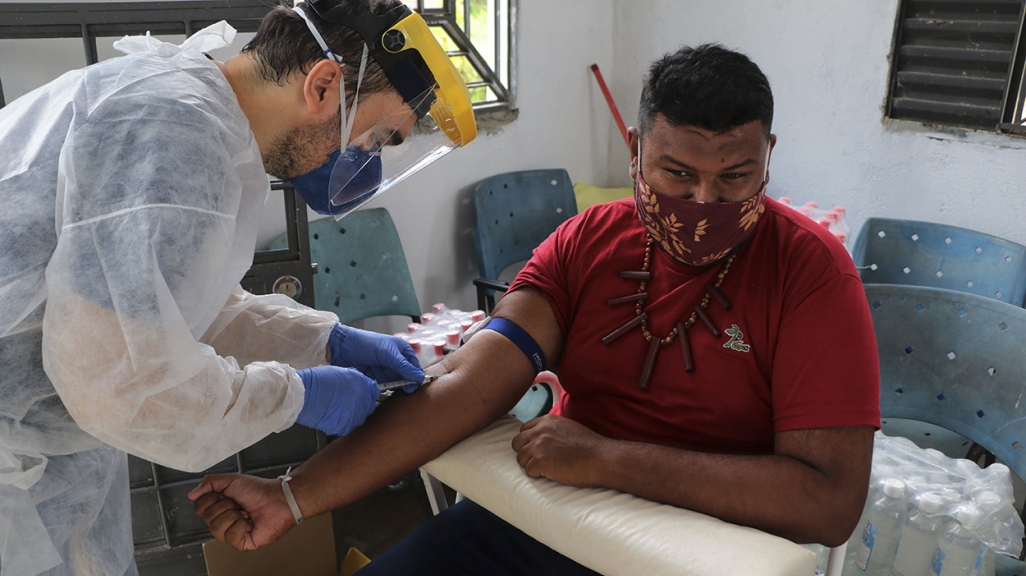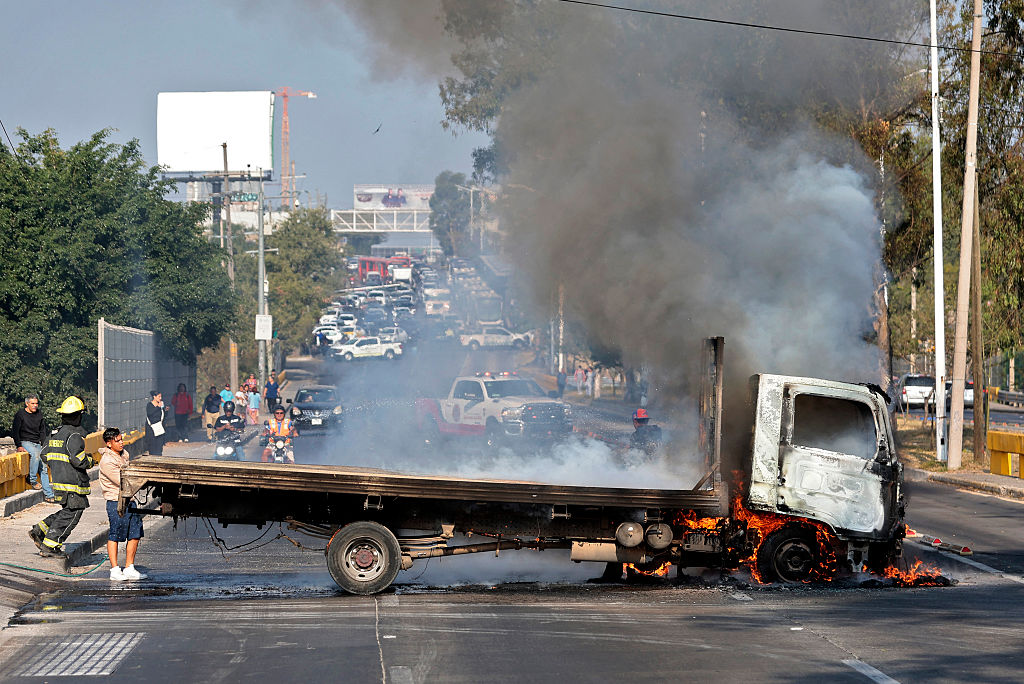LatAm in Focus: Vaccines and Variants a Year into the Pandemic
LatAm in Focus: Vaccines and Variants a Year into the Pandemic
By
Luisa Horwitz
and Carin Zissis
COVID-19 researcher Dr. Roselyn Lemus-Martin covers vaccine rollout in Latin America while Doctors Without Borders’ Pierre Van Heddegem gives a ground-level view of a variant-fueled outbreak in Brazil’s Amazonas.
Timeline: Tracking Latin America's Road to Vaccination
AS/COA Online covers major developments and Covid-19 vaccine rollouts as countries strive to return to normalcy.









